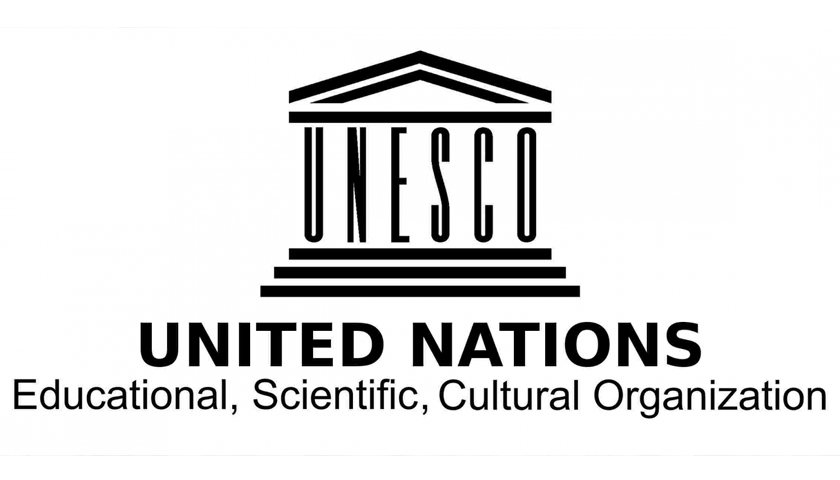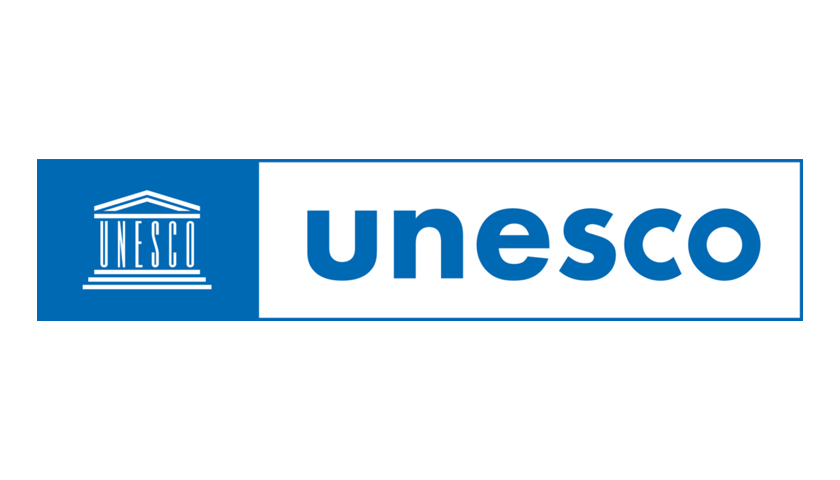Twelve multilateral organizations met virtually on 24 March 2020 at UNESCO’s call to an emergency meeting of the Multilateral Education Platform (MEP) on COVID-19 education response. The MEP was launched in July 2019 in the face of the global learning crisis and the urgency to accelerate progress towards SDG4.
In welcoming the MEP members, Ms Stefania Giannini, UNESCO’s Assistant Director-General for Education, recalled the unprecedented educational impact of the COVID-19 pandemic, with 138 countries forced to close schools and universities, affecting 1.37 billion children and youth–or 80% of the world’s student population. This is uncharted territory requiring urgent collective action, she said, noting the potential contribution to building more resilient, innovative and open education systems.
The MEP member representatives shared their respective COVID-19 responses and agreed to join forces to respond to the global challenge of education disruption. They stressed that equity is the principal concern because school closures hurt disproportionately vulnerable and disadvantaged learners. Alternative, distance learning modalities might even exacerbate learning inequities due to the gaps in technology access and in the resources and capacities of schools and teachers.
WFP estimates that 356 million children are not receiving school meals as a result of school closures. UNHCR and Education Cannot Wait shared their immediate responses to support the most vulnerable groups such as refugees, migrants and internally displaced people, while UN Women is providing support on gender analysis of the pandemic’s impact. GPE has provided financial support through UNICEF for governments’ contingency planning and will open a specific accelerated funding window focused on early recovery.
Several organizations highlighted the central challenge of getting teachers to deliver distance learning. According to the OECD representative, even in OECD countries only 53% of teachers are estimated to have any experience with online, digital delivery in their classrooms.
UNESCO invited MEP members to join the Covid-19 Global Education Coalition that aims to support governments in deploying equitable distance learning solutions. MEP member representatives welcomed UNESCO’s initiative and committed to harmonizing their various distance education initiatives in response to COVID-19 with equity at the heart of all actions.
Beyond the immediate public health emergency and education disruption, the participants discussed the longer-term impact of the COVID-19 pandemic. ILO estimates that nearly 25 million jobs will be lost. Members expressed deep concern that the foreseen recession will have negative impact on domestic budget allocations and international aid dedicated to education. Concluding the meeting, Ms Giannini appealed for unity in support of countries to manage the emergency and build more resilient and inclusive education systems, to put the world back on track toward SDG 4.
Organizations represented in this emergency MEP meeting are (in alphabetical order): ECW, Education Commission, EC-DEVCO, GPE, ILO, OECD, UNESCO, UNHCR, UNICEF, UN Women, WFP and the World Bank.

